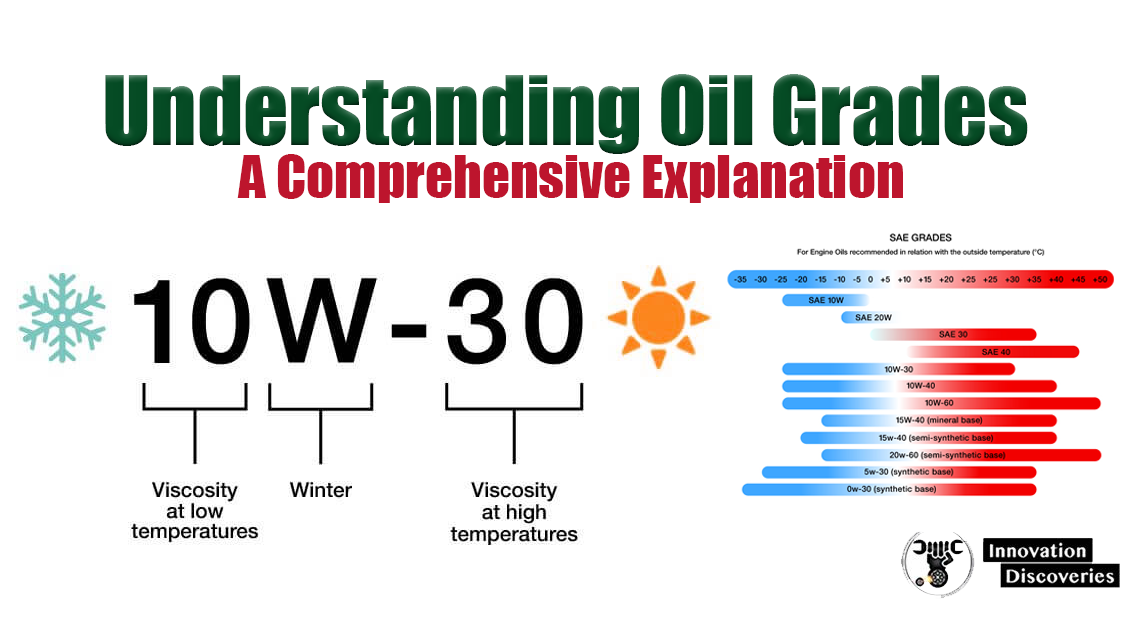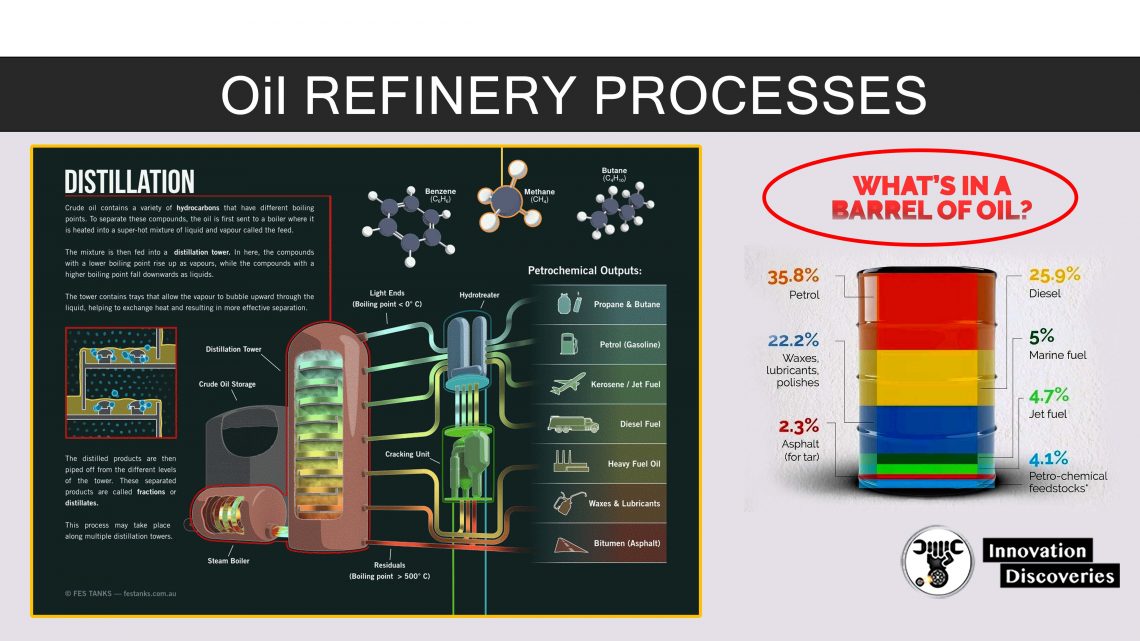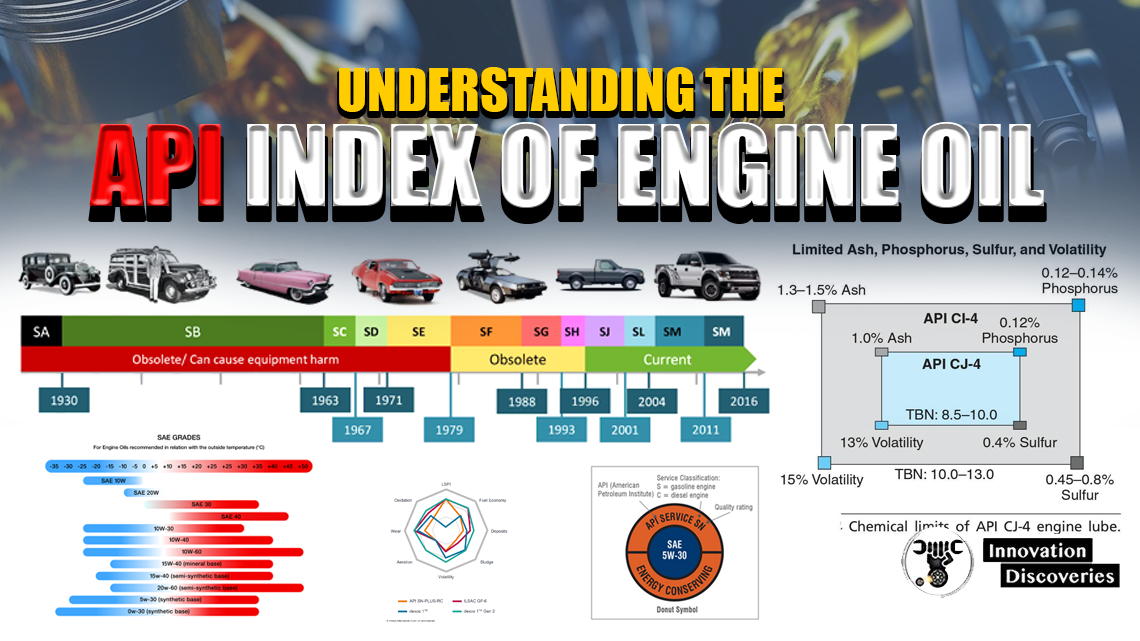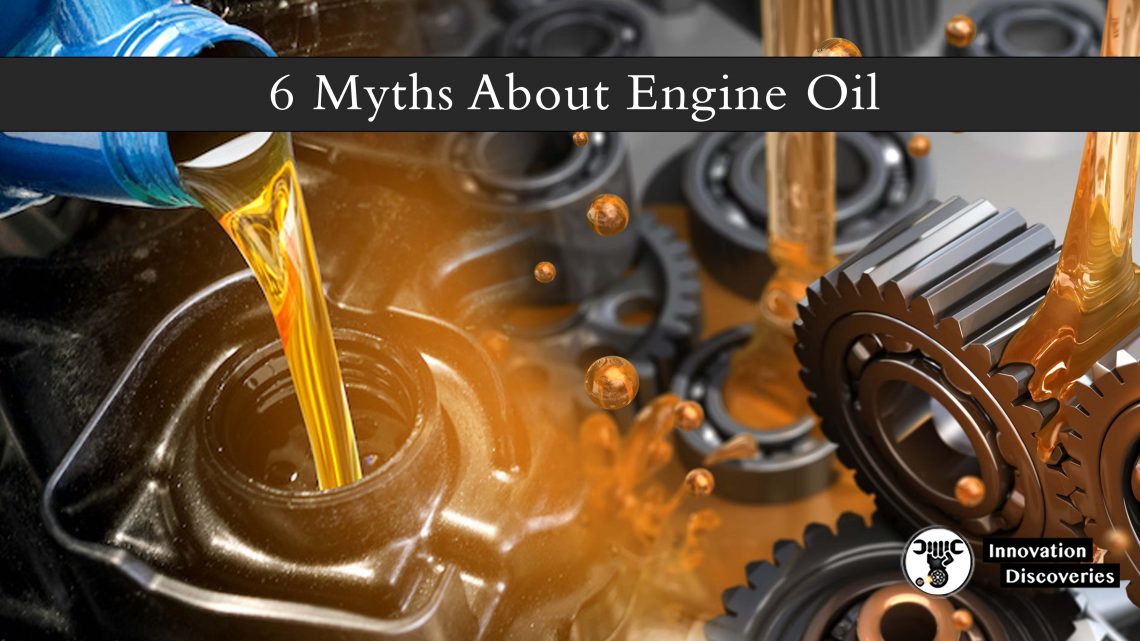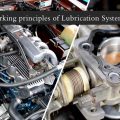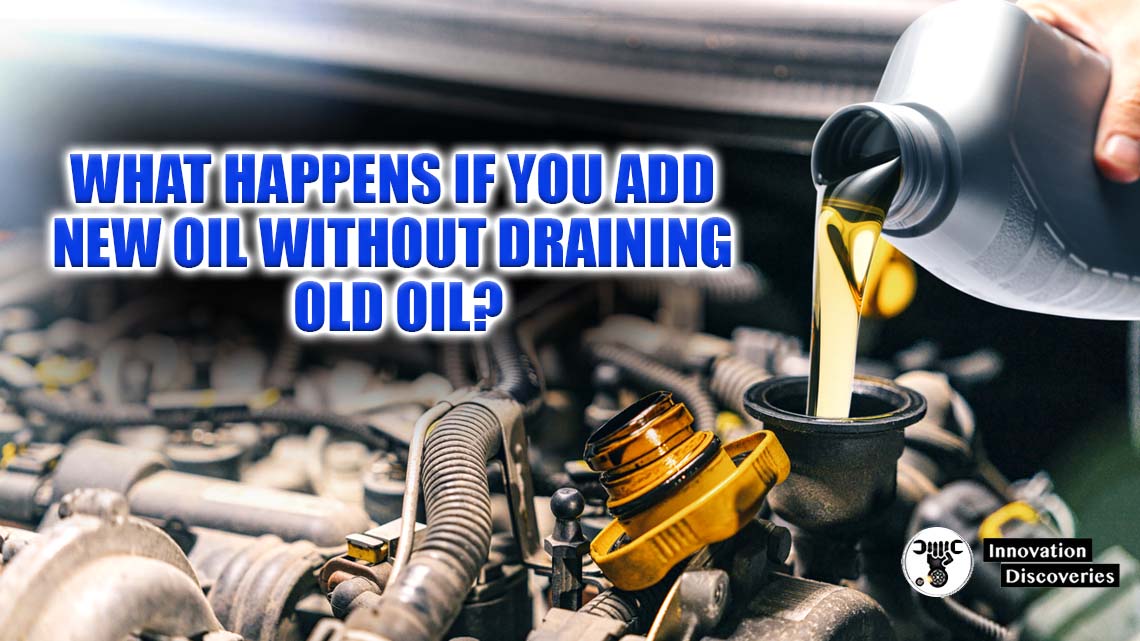
Introduction:
Maintaining a vehicle’s engine is crucial for its longevity and performance, and one of the fundamental aspects of engine care is the regular changing of oil.
While it might seem tempting to simply add new oil without draining the old, this practice can lead to a host of problems that compromise the efficiency and health of your engine.
1. Oil Dilution:
When new oil is added without draining the old oil, a critical issue arises – oil dilution. The old oil may be contaminated with impurities, sludge, and metal particles, and by mixing it with fresh oil, you are essentially diluting the effectiveness of the new oil in lubricating and protecting the engine components.
2. Reduced Performance:
New oil comes with specialized additive packages that enhance its performance. When mixed with old, degraded oil, these additives can be compromised, leading to reduced oil performance. This can negatively impact engine efficiency and overall performance.
3. Increased Wear:
Contaminated or degraded oil doesn’t provide adequate protection to engine components. Adding new oil without draining the old can result in increased friction and wear on critical parts, potentially causing significant engine damage over time.
4. Oil Filter Issues:
The oil filter plays a crucial role in trapping contaminants and debris from the oil. If you don’t change the oil filter when adding new oil, the old filter may already be saturated with contaminants, diminishing its ability to effectively filter the new oil.
5. Overfilling:
Continually adding new oil without draining the old oil can lead to overfilling the engine. This can increase pressure within the engine, potentially causing damage to seals and gaskets.
Conclusion:
Proper engine maintenance is essential for the optimal performance and longevity of your vehicle, and adhering to recommended oil change procedures is a cornerstone of this maintenance.
Regularly draining the old oil, replacing the oil filter, and adding the appropriate amount and type of new oil are critical steps in ensuring your engine operates at its best.
Don’t compromise your vehicle’s health by taking shortcuts with oil changes – follow the manufacturer’s guidelines and enjoy a smoother, more reliable driving experience.
Discover More:
Visit Forum
Visit Our Friendly Website


